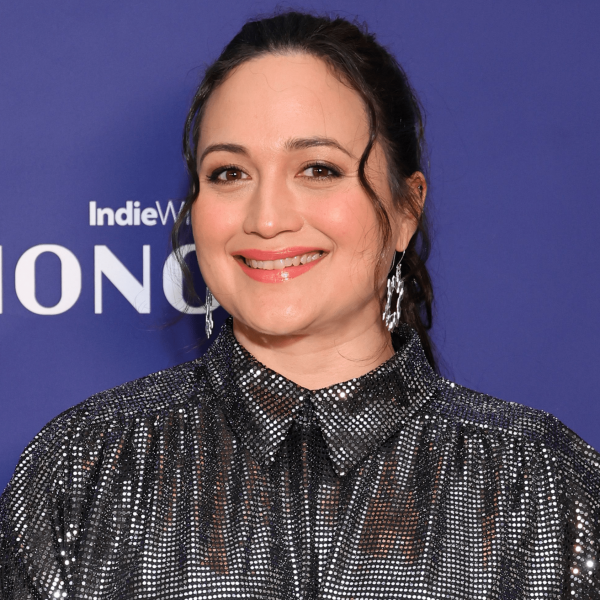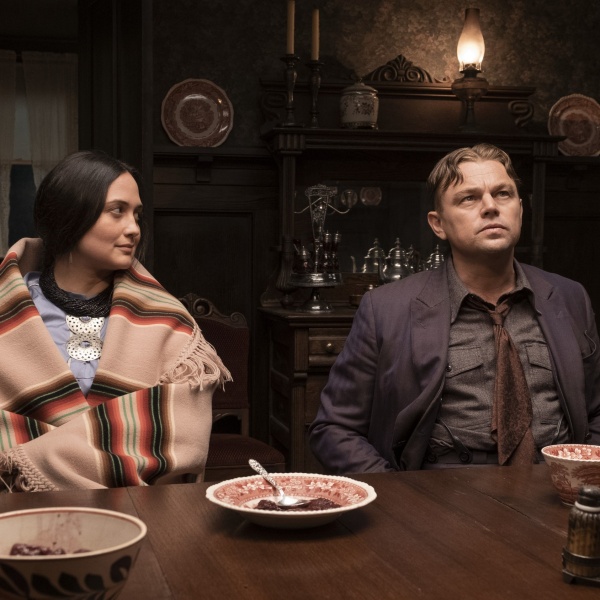Boy, Bob Iger had a lot to talk about Thursday morning from the Allen & Co. Sun Valley Conference — and it wasn’t all about the WGA and SAG-AFTRA strikes.
The former, present, and future Disney CEO (emphasis on “future” considering Wednesday’s contract extension) sat down with CNBC’s David Faber in front of some majestic Idaho scenery to discuss all things right and wrong with the company in the current media landscape.
Iger, who replaced his hand-picked successor Bob Chapek back in November, said he’s sticking around through 2026 now due to “greater” challenges than his two-year deal to return initially anticipated. Chief among the troubles Iger identifies are what he calls his company’s “no-growth businesses.”
He’s basically talking about linear television there; Iger is considering selling off broadcast network ABC, Disney’s non-ESPN cable networks, and its stations. Or maybe he’ll just have to scrap them.
“Simply exiting bad businesses at any cost might be the price you pay to limit management and investor distractions in the long run,” Michael Nathanson, a lead media analyst at MoffettNathanson Research, wrote in a quick-response note to clients (and obtained by IndieWire) on Thursday morning.
ESPN is not totally off the table: Iger, who said ESPN will eventually go direct-to-consumer (“it’s not long-term but it’s not tomorrow either”), is looking for strategic partners there; he’s even willing to give up some of Disney’s ownership in the process.
A few breaths away from that, Iger finally said Disney will buy out Comcast’s one-third stake in Hulu, and that there is a “mechanism” in place to determine fair-market value for the missing piece. Years ago, the companies determined a floor value for Hulu of $27.5 billion, making Comcast’s piece worth a bit more than $9 billion. Comcast wants more than that — can we interest you in some ESPN?
The idea was first raised at last summer’s same Allen & Company conference, the annual summer camp for the biggest media executives and their investment-banking friends. It has since been primarily kept in the conversation by Puck legal writer Bill Cohan. Food for thought.

On CNBC, Iger also said Disney will pull back on producing Marvel and Star Wars content. He copped to the company overtaxing Marvel employees, specifically, with too much TV and streaming work, which “diluted focus and attention” to the superhero films. The “Ant-Man and The Wasp: Quantumania” VFX artists would co-sign that one.
Pixar is another Disney studio that could use a bit more of that focus and attention. Perhaps it just needs better films. Maybe Disney needs to extend theatrical windows — or at least, to re-educate consumers about theatrical windows.
Iger said Pixar’s box-office woes — like current under-performer “Elemental” and prior-year flop “Lightyear” — can be tied to an expectation caused by the COVID-19 pandemic, at which point consumers were trained to expect Pixar movies to stream on Disney+ either exclusively (like “Soul,” “Luca,” and “Turning Red”) or very shortly after a theatrical run.
He did cop to “some creative misses.”
“There have been some disappointments,” Iger said. “We would have liked some of our recent releases to perform better.”
Iger is capable of fixing these “creative engines,” Nathanson wrote. He’s done it before — reference the Disney Animation turnaround from Iger’s early days as chief executive officer.
“Windowing and being more selective on content choices are areas of opportunity to drive better creative content and ultimately more profits,” Nathanson wrote. “We don’t see the breakdown of the content engines here as structural, but fixes take time.”

Iger would also like to see the ongoing writers’ strike and any-minute-now actors’ strike be resolved, like, yesterday.
“It’s very disturbing to me,” Iger said of the WGA having been on strike for over two months and SAG-AFTRA about to strike. “We’ve talked about disruptive forces on this business and all the challenges we’re facing, the recovery from COVID, which is ongoing. It’s not completely back. This is the worst time in the world to add to that disruption. I understand any labor organization’s desire to work on behalf of its members to get the most compensation and be compensated fairly based on the value that they deliver.”
“We managed, as an industry, to negotiate a very good deal with the Directors Guild that reflects the value that the directors contribute to this great business,” he continued. “We wanted to do the same thing with the writers, and we’d like to do the same thing with the actors. There’s a level of expectation that they have, that is just not realistic. And they are adding to the set of the challenges that this business is already facing that is, quite frankly, very disruptive.”




